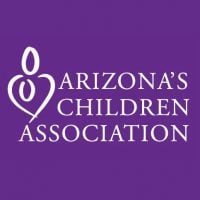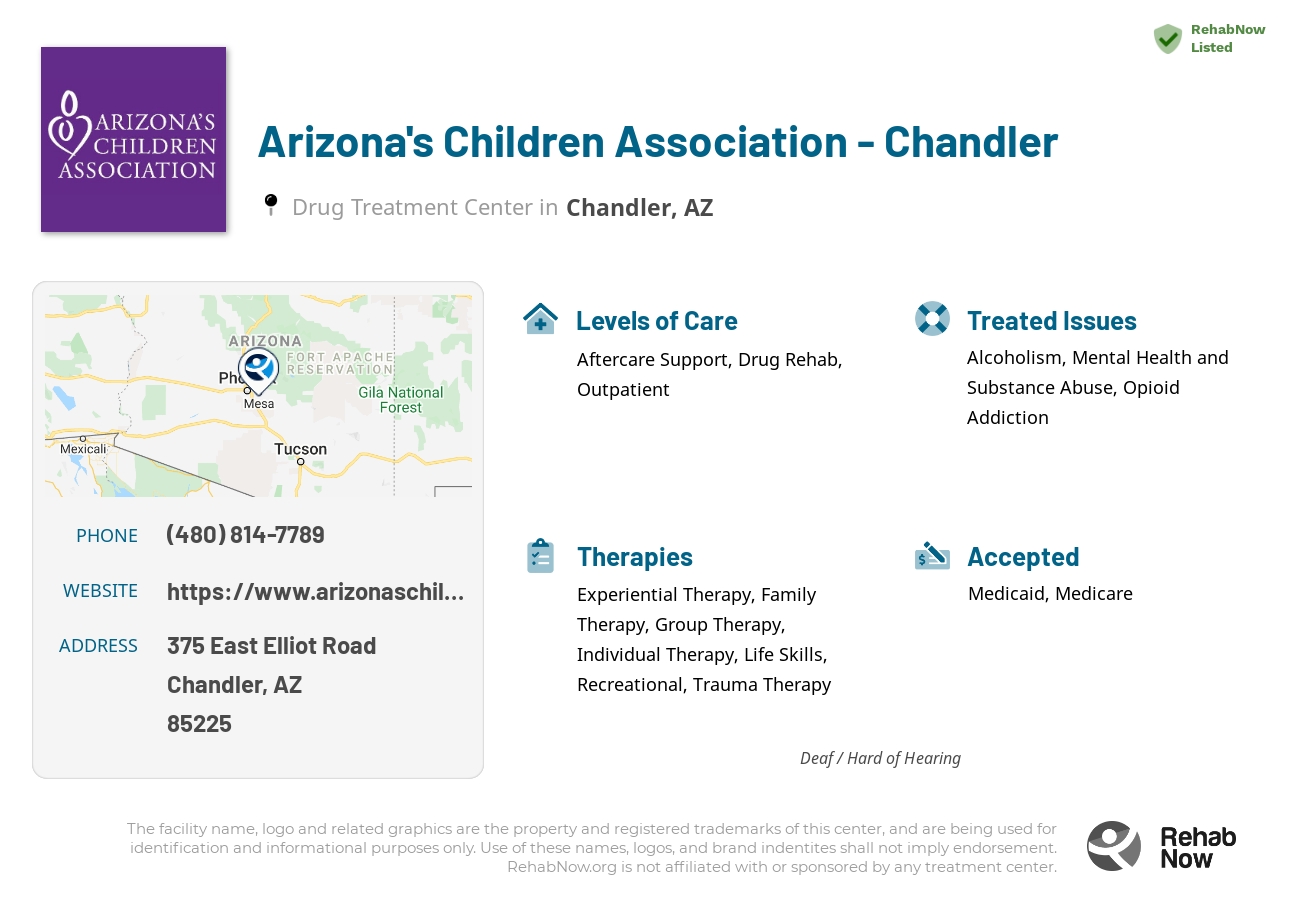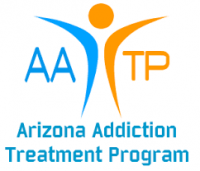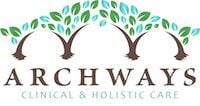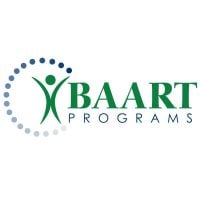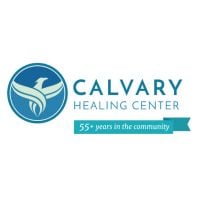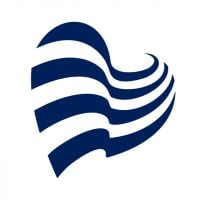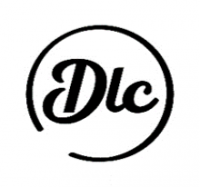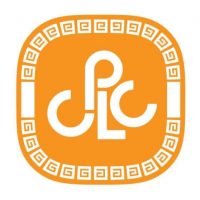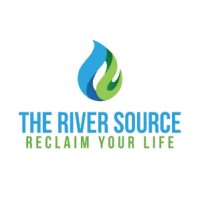Arizona's Children Association - Chandler
Drug Rehab Center in Chandler, Arizona
Arizona's Children Association - Chandler is an addiction treatment center in Chandler, Arizona, offering personalized care plans for alcoholism, dual diagnosis, opioid addiction, and drug addiction, with a variety of services available, including residential long-term treatment.
About Arizona's Children Association - Chandler in Arizona
Arizona's Children Association in Chandler, AZ, is a beacon of hope for children and young adults grappling with addiction. Specializing in community support and behavioral health services, this center stands out with its focus on outpatient treatment tailored specifically for addiction recovery, alongside foster care and crisis intervention services.
- Outpatient Program Flexibility: Ideal for those requiring less supervision, offering various therapies and behavioral modifications.
- Insurance Friendliness: Accepts most insurance plans, including Amerigroup and United Healthcare, easing the financial burden of treatment.
- Comprehensive Behavioral Health Services: From trauma services to kinship support, a wide range of services tackles challenges from multiple angles.
Holding a state license, Arizona’s Children Association - Chandler is committed to meeting high-quality standards in addiction care. Their services, designed with a focus on family and strength-based outcomes, ensure care is both culturally sensitive and outcome-driven.
Treating a diverse array of addictions, including alcoholism, dual diagnosis, opioid addiction, and drug addiction, the center employs individualized care plans. These encompass experiential therapy, life skills development, and intensive support options for those seeking a path to recovery.
Genders
Ages
Modality
Additional
Conditions and Issues Treated
Opioid addiction is when someone becomes addicted to opioids. This can happen quickly due to any opioid use. Opioid withdrawal can be uncomfortable and lead the user to continue using even if they want to quit. It’s best to receive inpatient treatment for detoxification.
Even if a person doesn’t need inpatient treatment, it’s recommended to start rehabilitation or at least some kind of outpatient treatment. This is because the withdrawal symptoms from opioids can be uncomfortable and unpleasant, to the point that a person could end up using again or worse.
Detoxification should be done to break the physical addiction of opioids. This can be done with opioid replacement therapy, medication-assisted therapy, or a more traditional detoxification program. Intensive outpatient treatment is a form of addiction care that allows patients to continue living at home while undergoing treatment. This type of care is appropriate for patients who have been treated in residential treatment programs. Intensive outpatient programs include regular visits to the facility providing therapy, and patients gradually return to their routine life. IOP benefits most when patients have a supportive family member or friend to help them recover.
The first step to getting into an intensive outpatient program is to attend a detoxification facility. Detoxification facilities are designed to remove substances from the body safely. The patient will attend sessions designed to help them understand their addiction and its impact on their lives. While in an intensive outpatient program, therapy sessions are scheduled three to five times per week, with the patient attending no more than two sessions in one day.
Levels of Care Offered
This center offers a variety of custom treatment tailored to individual recovery. Currently available are Aftercare Support, Drug Rehab, Outpatient, with additional therapies available as listed below.
Outpatient treatment consists of counseling and therapy sessions. The outpatient treatment process begins with the addict’s initial detox period, lasting about ten days. Outpatient treatment is used for those who are at moderate risk for “slipping back” into the addiction. It is also used for those who are not currently experiencing any side effects from withdrawal, can handle social pressure, have a stable living environment, and have a good support system.
Aftercare support is often overlooked in the treatment of drug and alcohol addiction. However, it’s an essential part and should be considered when planning a course of rehab.
Aftercare is a term that’s used to refer to any sort of continuing care offered for a drug addict who has voluntarily entered a rehabilitation program. This type of care can be provided in several settings, including outpatient therapy sessions after the addict has completed an inpatient program. There are also 12-step support groups, such as Alcoholics Anonymous, which can provide additional help for addicts trying to stay sober.
Aftercare is vital because addicts often face many challenges as they attempt to recover from drug addiction or alcoholism. Because of the powerful nature of these addictions, those who struggle with a drug or alcohol problem will likely have to face the craving for their substance of choice for the rest of their lives. Recovering can be a lonely and frustrating endeavor, especially without the support of others who are going through similar situations.
Therapies & Programs
Individual Therapy is a crucial component of addiction recovery. Therapists work with patients to identify the root of their addiction and figure out how to better handle the issues that led to them using drugs. Individual Therapy is one on one sessions where people meet with their therapist. Individual therapy provides a safe space for people to open up and discuss personal and sensitive topics which they may not feel comfortable discussing in a group setting.
In this type of therapy, therapists can develop specific solutions for each patient, which helps speed up their recovery process. In addiction recovery, therapy is a crucial part. It allows patients to go deep into their core issues and discover how those problems can be better handled now. Therapy can be performed in individual sessions as well as group settings. In individual therapy for addiction, the patient meets with the therapist one-on-one to focus on the underlying issues of addiction and come up with solutions to prevent future abuse.
Family therapy is a crucial part of drug treatment and getting sober. It is one of the most effective ways to help addicts stay on the path to long-term sobriety. One of the most important parts of family therapy is the relapse prevention plan. During treatment, therapists and doctors will often sit down with the addict and their family to develop a plan if the addict ever feels like they want to use again. This plan should involve steps the addict and family can take together to prevent them from relapsing in the future.
An addict’s family can play a vital part in helping them to avoid relapse because they can spot the warning signs and help them get back on track before it becomes too much of a problem. Family therapy is one of the most effective ways to help addicts stay on the path to long-term sobriety.
Group Therapy is employed by drug treatment centers like Arizona's Children Association - Chandler to provide the recovering addict with a platform to talk about their feelings and experiences. It also provides for an opportunity to learn from other addicts who have successfully overcome their addiction. It is recommended that all group members be recovering addicts for this type of therapy to work.
This type of therapy involves the use of a variety of therapeutic techniques to help addicts recover from past traumas that might have triggered their substance abuse. During these sessions, therapists will work with the addict to address painful memories and learn how to cope effectively with stressors as they arise.
During these types of sessions, therapists will typically focus on three main goals:
- Identifying and expressing painful emotions associated with past traumas.
- Reducing the effects of stress on an addict’s life by developing more effective coping mechanisms.
- Developing healthy ways of thinking about stressful situations that can help addicts avoid substance abuse issues in the future.
This type of therapy is typically used in conjunction with other types of addiction treatment services. By identifying and dealing with the root cause of addiction, most addicts can overcome their cravings and prevent relapse once they leave rehab.
Many different types of addiction treatment services exist to help addicts safely get sober, but it’s important for recovering individuals to find a therapist or support group that will help them address the root cause of their addiction.
Life Skills Services provide services aimed at helping people enter into and maintain long-term sobriety. The services are offered at varying levels of intensity, specific to the needs and requirements of each patient. Some benefits of these services are restoring hope and empowerment, enhancing family involvement, increasing patient compliance, and reducing relapse rates.
Training someone on improved life skills allows someone recovering from an addiction to feel more capable of taking care of him or herself. The skills taught in Arizona's Children Association - Chandler are daily skills that give a better recovery foundation by simply giving the person tools they need to survive.
Patient Experience
Experiential Therapy at Arizona's Children Association - Chandler
Experiential therapy at Arizona's Children Association - Chandler includes helping people work through emotional disorders by participating in events in real-time. It moves away from conventional talk therapy to discuss their concerns and emotions by making patients play roles or use props. It allows people to handle trauma and feelings healthily, reducing the need to resort to alcohol and substances in Chandler, AZ.
Payment Options Accepted
For specific insurance or payment methods please contact us.
Arizona’s Children Association Associated Centers
Discover treatment facilities under the same provider.
- Arizona's Children Association - Buckeye in Buckeye, AZ
- Arizona's Children Association - Yuma in Yuma, AZ
- Arizona's Children Association - Thomas Road in Phoenix, AZ
- Arizona's Children Association - Surprise in Surprise, AZ
- Arizona's Children Association - Apache Junction in Apache Junction, AZ
Learn More About Arizona’s Children Association Centers
Additional Details
Specifics, location, and helpful extra information.
Chandler, Arizona 85225 Phone Number(480) 814-7789 Meta DetailsUpdated April 15, 2024
Staff Verified
Arizona's Children Association - Chandler Patient Reviews
There are no reviews yet. Be the first one to write one.
Chandler, Arizona Addiction Information
Arizona has some of the highest rates of prescription drug abuse in the United States. Methamphetamines, heroin and morphine are among the most commonly abused substances. Prescription pain relievers were prescribed to 348 million people in 2012, enough to medicate every adult in Arizona for 2 full weeks. The number of people with substance use disorders in Arizona has remained relatively constant over the past few years.
The drug addiction problem in Chandler, Arizona, is more widespread than many realize. Commonly abused drugs include methamphetamine and marijuana, and heroin and cocaine are also widely used. There are over 1,700 drug-related arrests each year in Chandler. Drug overdose deaths have gone up by a dramatic 200% since 1999. There are numerous drug treatment options in Chandler including inpatient, and outpatient programs, 12-step meetings, support groups, and individual counseling.
Treatment in Nearby Cities
- Benson, AZ (131.1 mi.)
- Prescott, AZ (90.0 mi.)
- Queen Creek, AZ (13.1 mi.)
- Ajo, AZ (90.0 mi.)
- Prescott Valley, AZ (91.4 mi.)
Centers near Arizona's Children Association - Chandler
The facility name, logo and brand are the property and registered trademarks of Arizona's Children Association - Chandler, and are being used for identification and informational purposes only. Use of these names, logos and brands shall not imply endorsement. RehabNow.org is not affiliated with or sponsored by Arizona's Children Association - Chandler.
